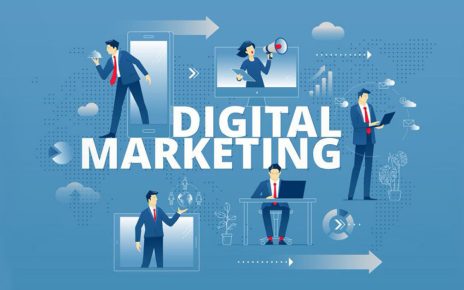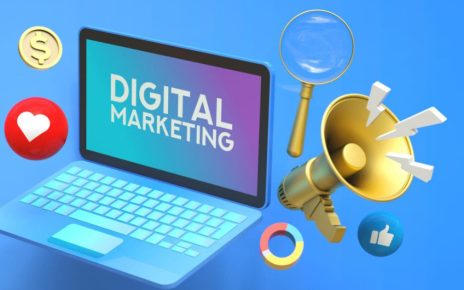Digital marketing is a rapidly growing field with new technologies, platforms, and strategies emerging on the scene continuously. Looking forward to the year 2024, there are a number of trends that are likely to come into play and transform the sphere of digital marketing. It is beneficial for brands, marketers, and businesses to be aware of these trends in order to be ready for the year to come. Below are some of the most anticipated digital marketing trends for 2024:
1. Voice Search Optimization
The use of voice search remains increasingly popular. Currently, it is believed that voice search will account for over half of all the general searches by 2024. This means brands need to adapt the content to things that people say in voice searches, this are usually longer and more conversational. Emphasis on Natural language processing, semantic search, answer-oriented content that answers customer queries.
2. Augmented Reality (AR) Experiences
One trend is that augmented reality application will become more advanced and widely used in digital marketing communication. AR can be used by brands to offer virtual shopping experiences, interactive advertisements, product testing, and improved consumer interactions. The global AR market is expected to grow to $340 billion by 2027 as the technology advances and becomes mainstream.
3. Connected TV (CTV) Advertising
The spending on CTV advertising is projected to increase to $19 billion by 2024. Notably, as more people switch from cable subscriptions and consumers shift towards watching content on smart TVs, CTV is a massive opportunity for video storytelling for ads in a populated environment with big screens. CTV is worth exploring for brands because the latter should dedicate a larger portion of the media budgets to CTV campaigns.
4. Personalization at Scale
Today, marketing personalization is on the rise using artificial intelligence and machine learning as a result of vast consumer data. First-party data can lead to 10-30% increased conversion rates depending on how the content is hyper-personalized and segmented. Additional targeted services and product offers, creative personalization, and localization will offer even more personalized experience.
5. Privacy-Focused Marketing
GDPR and CCPA are some of the data privacy regulations that have begun to focus on the visibility of the usage of data and the consent-based approaches in marketing. More stringent tracking regulation from Cookies and IDFA means brands should reconsider their targeting approach with privacy in mind. Ethical considerations, zero/first-party data, and privacy notices will be more prioritized.
6. E-Commerce Streaming
Live commerce is an umbrella term for purchasing products during a live streaming event that includes elements of entertainment. This highly engaging format that is popular in China is now gradually making its way into Western markets as well. Brands leverage streaming for product advertisement through videos showcasing products, how to use the products, virtual parties with influencers, and flash sales. The global live commerce market is expected to rise to over $250 billion by next year, 2022.
7. Multichannel Attribution Modeling
Many conversion paths involve various touchpoints, thus requiring tools to evaluate the effectiveness of marketing channels. Multi-touch attribution offers more understanding of the whole consumer experience. Machine learning models provide the metric of each channel at the different stages of consumer decision-making ranging from awareness to purchase. This results in efficient media mix models and budgets.
8. Automation with Artificial Intelligence
Various advancements of AI in marketing tools push the automation in other areas such as ad buying, campaign designing, website customization, DCO, and predictive analytics, and AI call/email support. All these innovations are time-saving for marketers and at the same time enhance performance. Brands implementing early get a head start with their AI projects and experimentation.
Hence, the following eight trends- voice search, AR, CTV, personalization, privacy, e-commerce streaming, Attribution modeling, and AI/ Automation prove that digital marketing today is going towards the more advanced experience for the smart consumer. Instead, brands should preemptively devise strategies to leverage these emerging tactics expected to define the sector in 2024 and beyond.




